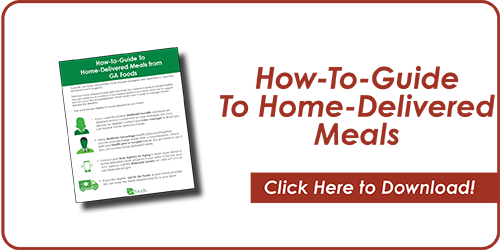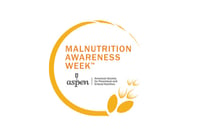
Falls are the leading cause of both fatal and non-fatal injuries among older adults. The right nutrition can help to reduce this risk. As we age, our bodies react differently, and a fall can be life-threatening. Falls can lead to severe injuries and a rapid decline in health. As aging increases, the chances of falling also increases. Unfortunately, one out of three people over 65 years old and one out of two people over 85 years old experience a fall every year. Low vision, hearing difficulty, mobility problems, and malnutrition are factors that can lead to falls.
Malnutrition Can Lead to Falls
Malnutrition is when the body does not get enough nutrients. Nutrients help the body grow and repair tissues. Several studies state that malnutrition increases the risk of falls in the elderly. One particular study found that higher dietary protein intakes reduce the odds of falls.
One in three hospitalized adults is at risk of malnutrition, which put their recovery in jeopardy. Malnutrition and dehydration can lead to fatigue, dizziness, loss of muscle mass, and poor judgments, contributing to falls. Fallers are twice as likely to be malnourished.
Many older adults suffer from food insecurity and chronic disease. After a hospitalization, many are unable to shop for food or prepare meals. A home-delivered meals program can help to reduce the risk of falls. Home-delivered meals are also a cost-effective solution to keep older adults living independently in their homes and reduce nursing home placements.
Importance of Proper Nutrients
- Protein is essential for muscle mass. Adults should consume at least 3 to 4 ounces of meat or high protein per day. Protein can help decrease muscle loss, and adding exercise maximizes muscle strength.
- Vitamin D is another essential nutrient for muscle function and, in conjunction with calcium, helps minimize bone loss and helps prevent osteoporosis. According to a study, adequate vitamin D levels may reduce the risk of falls by more than 20%.
- Vitamins A, C, and E are essential for eye health. Deficiency in these vitamins can result in vision impairment leading to confusion and reduced balance.
- Folic acid and Vitamin B12 deficiency can elevate the risk of falling due to reduced nerve sensitivity in the extremities and mental confusion and proprioception.
- Water intake is another important factor. With aging, the sense of thirst decreases. Dehydration can cause confusion, hypotension, and delirium.
A well-balanced diet with adequate nutrition is essential in promoting safe mobility and greater strength.
Help is Available
It may be difficult to ensure that older adults are getting the nutrients they need daily. Fortunately, there are a variety of programs available that provide food access and monetary assistance: programs like Supplemental Nutrition Assistance Program (SNAP), Senior Farmer’s Market Nutrition Program, Child and Adult Care Food Program, Emergency Food Assistance Program, and Commodity Supplemental Food Program that are part of the Older Americans Act. You can visit BenefitsCheckup.org to direct you to resources in your area.
Several Medicare Advantage and Medicaid health plans may offer a home-delivered meals benefit to their members. Those receiving home-delivered meals showed improved nutrient intake and quality of life. Making sure wholesome foods are available ensures your loved ones have good health while maintaining their independence.
Download our guide to learn more about receiving home-delivered meals!










